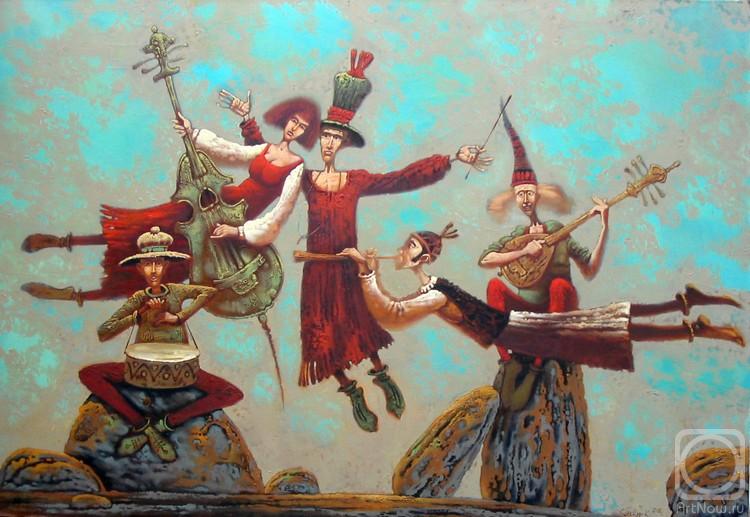| Главная » Файлы » фильмы о музыке |
| 02.11.2016, 22:30 | |
Sound of Cinema The Music that Made the Movies Sound of Cinema The Music that Made the Movies Sound of Cinema The Music that Made the Movies
In a series celebrating the art of the cinema soundtrack, Neil Brand explores the work of the great movie composers and demonstrates their techniques. Neil begins by looking at how the classic orchestral film score emerged and why it's still going strong today. Neil traces how in the 1930s, European-born composers such as Max Steiner and Erich Wolfgang Korngold brought their Viennese training to play in stirring, romantic scores for Hollywood masterpieces like King Kong and The Adventures of Robin Hood. But it took a home-grown American talent, Bernard Herrmann, to bring a darker, more modern sound to some of cinema's finest films, with his scores for Citizen Kane, Psycho and Taxi Driver. Among those Neil meets are leading film-makers and composers who discuss their work, including Martin Scorsese and Hans Zimmer, composer of blockbusters like Gladiator and Inception.
Composer Neil Brand explores how in the second half of the 20th century, composers and film-makers embraced jazz, pop and rock to bring fresh energy and relevance to film scores. He shows how in the 1960s, films as diverse as the James Bond movies, spaghetti westerns and Disney's musicals drew on the talents of pop arrangers and composers like John Barry, Ennio Morricone and the Sherman Brothers to create unforgettable soundtracks. But the role of the film composer would subsequently be challenged by directors like Martin Scorsese and Quentin Tarantino, who showed that a soundtrack consisting of carefully chosen pop songs could be as effective as a specially written one. Neil's journey sees him meet leading film-makers and composers including Martin Scorsese and composers Richard Sherman (Mary Poppins, The Jungle Book), Lalo Schifrin (Bullitt) and David Arnold (Casino Royale).
In the last of three programmes in which composer Neil Brand celebrates the art of cinema music, Neil explores how changing technology has taken soundtracks in bold new directions and even altered our very idea of how a film should sound. Neil tells the story of how the 1956 science fiction film Forbidden Planet ended up with a groundbreaking electronic score that blurred the line between music and sound effects, and explains why Alfred Hitchcock's the Birds has one of the most effective soundtracks of any of his films - despite having no music. He shows how electronic music crossed over from pop into cinema with Midnight Express and Chariots of Fire, while films like Apocalypse Now pioneered the concept of sound design - that sound effects could be used for storytelling and emotional impact. Neil tracks down some of the key composers behind these innovations to talk about their work, such as Vangelis (Chariots of Fire, Blade Runner), Carter Burwell (Twilight, No Country for Old Men) and Clint Mansell (Requiem for a Dream, Moon).
| |
| Просмотров: 630 | Загрузок: 0 | Рейтинг: 0.0/0 | |
| Всего комментариев: 0 | |

 The Big Score
The Big Score Pop Goes the Soundtrack
Pop Goes the Soundtrack New Frontiers
New Frontiers